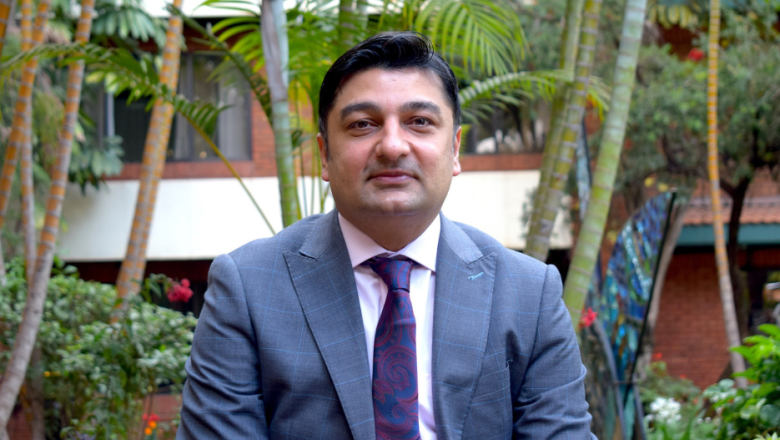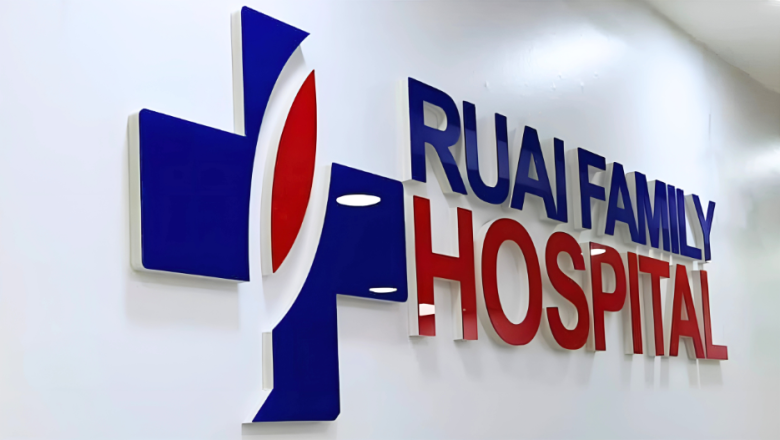Aga Khan University Hospital Kenya: Leading Teaching Hospital Driving Healthcare Excellence in East Africa
Aga Khan University Hospital Kenya, one of the leading hospitals in East Africa, has been a cornerstone of the Kenya healthcare system since its establishment in 1958. Originally a primary care facility, the institution evolved into a teaching hospital in Nairobi in 2003, with the mission to serve all people equally and to improve the quality of life across the region. Under the leadership of CEO Rashid Khalani, the hospital continues to play a pivotal role in advancing medical training in Kenya, addressing the challenge of retaining healthcare professionals, and positioning the country as a destination for medical tourism in Kenya.
Through its School of Medicine and School of Nursing and Midwifery, Aga Khan University Hospital has trained thousands of doctors and nurses, with over 80% choosing to remain in Kenya or East Africa. This effort supports the goal of retaining healthcare professionals in Africa and building sustainable human capital. The hospital has also expanded advanced fellowship programs in Kenya hospitals, including paediatric gastroenterology, paediatric pulmonology, oncology treatment in Kenya, neurology in Nairobi, and interventional cardiology in Kenya.
During the COVID-19 pandemic, the hospital worked with global partners such as AFD, Proparco, and KfW to source ventilators, PPE, vaccines, and PCR tests, which were also donated to public institutions. The hospital has further strengthened its clinical research in Kenya by launching the Clinical Research Unit (CRU) in 2020. Since then, it has conducted 17 clinical trials, partnering with pharmaceutical companies like Sanofi and Roche, and pushing to increase Africa’s representation in global research.
In terms of quality, Aga Khan University Hospital has achieved global recognition. It was the first JCI-accredited hospital in Sub-Saharan Africa in 2013, with additional certifications such as College of American Pathologists accreditation in Kenya, Centre of Excellence for Heart Attacks (CCPC), and Acute Stroke certification. These accreditations make the hospital one of the best hospitals in Kenya, assuring both local and international patients of world-class care.
As a not-for-profit hospital in Kenya, every shilling is reinvested into research, training, equipment, and service expansion. Its partnerships with insurance companies demonstrate how insurance and healthcare in Kenya can work hand-in-hand to deliver quality care and reduce costs through clinical excellence.
Looking forward, CEO Rashid Khalani envisions the hospital expanding across East Africa, deepening its research initiatives, and bridging the gap between urban and rural healthcare. He highlights the potential of electronic health records in Kenya hospitals, digital healthcare innovation, machine learning, and digital pathology in Africa healthcare to transform service delivery. The hospital also emphasizes climate change and healthcare sustainability in Africa, aligning with broader goals of universal health coverage.
Ultimately, Aga Khan University Hospital seeks to establish Kenya as a hub for international patients in East Africa, offering world-class tertiary and quaternary care. By focusing on long-term investment, strong partnerships, and sustainable practices, the hospital stands out as a model for the future of healthcare in Kenya and the wider continent.









